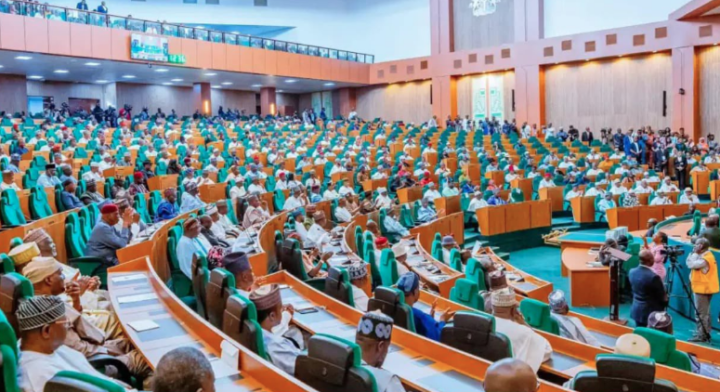House of representatives approves establishment of 4 new federal universities

In a significant move aimed at expanding access to higher education across Nigeria, the House of Representatives on Tuesday approved the establishment of four new federal universities in Borno, Imo, Kaduna, and Kano States.
The decision followed the adoption of committee reports on four separate bills, presented during plenary by Rep. Abubakar Fulata (APC–Jigawa), Chairman of the House Committee on University Education.
The approved legislation includes:
A bill to repeal the Federal Polytechnic, Kaduna Act and replace it with a new law establishing the Federal University of Technology, Kaduna.
A bill to repeal the existing Act establishing the Nigerian Army University, Biu (enacted in 2020), and to replace it with legislation creating the Federal University, Biu, in Borno State.
A bill to formally establish the Alvan Ikoku Federal University of Education, located in Owerri, Imo State.
A bill to establish the Maitama Sule Federal University of Education, in Kano State.
While presenting the reports, Hon. Fulata emphasised that the proposed Federal University of Technology in Kaduna would offer training and academic instruction in various fields, with a strong focus on technological innovation and the development of practical skills relevant to national growth.
He also explained that the transformation of Alvan Ikoku College into a full-fledged Federal University of Education would strengthen teacher training, improve academic standards in the education sector, and support broader educational reforms.
Similarly, the new universities in Kano and Biu are expected to enhance access to tertiary education in their respective regions, while also aligning with the Federal Government’s drive to decentralize educational opportunities and stimulate regional development.
With the House’s approval, the bills will now be transmitted to the Senate for concurrence. Upon Senate passage, they will be forwarded to the President for assent, in line with the legislative process required to formalize the establishments.
The move has been widely viewed as part of broader efforts to expand Nigeria’s higher education infrastructure and address the growing demand for tertiary education nationwide.



